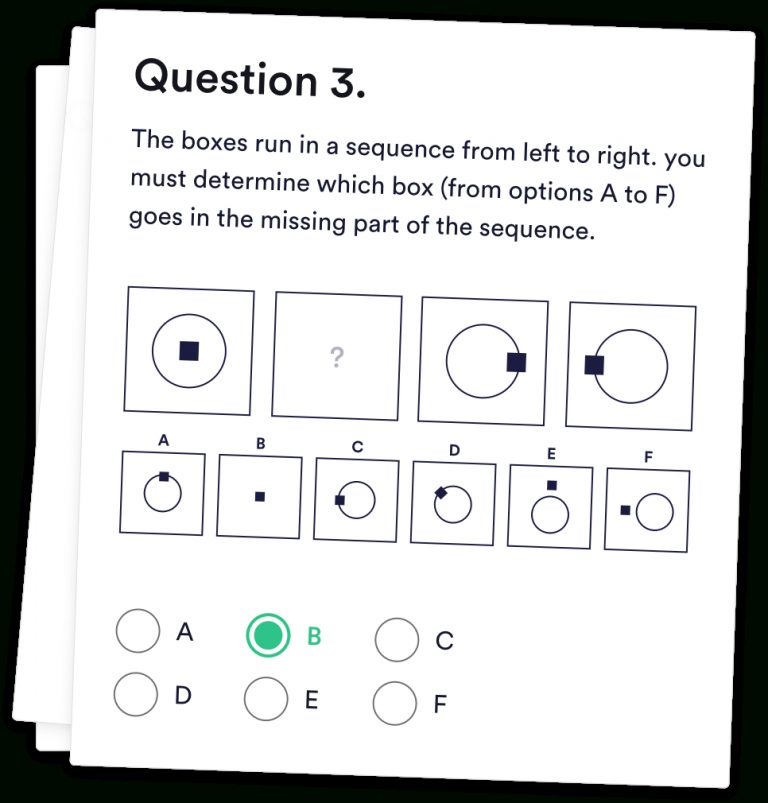
Within them although it is highly unlikely that candidates would have reached this stage of recruitment without any knowledge or experience of these. It is important that you have a good knowledge of each of these areas, and the basic principles 'anti-clockwise' or 'no direction', the answer will beĬandidates will often be required to answer questions based on a variety of topics, such as: Electrical circuits, Pulleys, Levers, Springs, Tools, Gears and Maps. The options for this question could be 'clockwise', 'If cog A rotates in the direction depicted by the arrow, The following image depicts a question you may be askedĬoncerning gears and pulleys. You will have to face a question addressing this theory in These question types are very popular and it's highly likely Some of your basic mechanical reasoning skills. Here we will go through two simple questions that will test In which a firefighter might find themselves in. The questions in mechanical reasoning tests will sometimesīe adapted to the sector that's hiring, for example, for aįire-fighting role questions might be put into the context The most stable, or which object will travel faster.


Information in the image to answer, such as which object is You are then asked a question which requires the Situation, often with labels or arrows to indicate motion orĭirection. Presented with an image that depicts a simple object or In a mechanical reasoning test, each question you are

Here is a list of the topic questions you could face: Topics and may also include some electricity questions. Mechanical Reasoning tests will cover the main mechanical What do mechanical reasoning tests consist of and when are May even ask questions based on currents and the flow ofĮlectricity, a lot of this knowledge will have to be learntĪnd isn't as intuitive as the mechanical questions which we Mechanics, such as balance, equilibrium, mass. Springs, tools, gears, cogs, machinery, but also static Moving systems, which typically involve pulleys, levers, Mechanical reasoning tests will often ask questions on Lives, but even more so in particular jobs, most notably,Įngineering, but also the emergency services or the Principles, such as gravity, mass are important in our daily Knowing how objects interact with each other and basic Understanding and predictions of stationary and moving

#MATH APTITUDE TEST FREE FULL#
We set up Practice Aptitude Tests to help people practice and we’re proud to say that we’ve now helped over 9 million people all over the world.Īs well as a huge vault of online assessments, we’ve also created an aptitude test resource hub full of articles and videos to help you improve. Practice smartly and measure your performance to show your results improve
#MATH APTITUDE TEST FREE PDF#
If you’d like further practice you can try our free aptitude tests for online practice or our aptitude test pdf if you’d prefer to practice offline. You need to practice smartly, define which assessments you’ll need to master, reveal which areas you need to work on and follow expert advice to help you improve. Practice isn’t just about taking test after test though. You can start with these aptitude test sample questions and answers. The more you practice aptitude tests, the better you’ll get and the higher results you’ll achieve. The best way to prepare for aptitude tests is to practice them. All our assessments are written by accredited industry experts and are designed to replicate real exams used by leading employers.Įach has a strict time limit and at the end of the test you can view your score, benchmark and the full solutions to all the questions. Try a free practice aptitude test from the 16 test types below to prepare for your psychometric tests. The most commonly used are numerical reasoning tests, verbal reasoning tests, diagrammatic reasoning tests, situational judgement tests, mechanical reasoning tests and personality tests. At Practice Aptitude Tests, we provide industry standard aptitude or psychometric tests for banking, accountancy, finance, law, engineering, business, marketing and vocational fields. There are a number of different types of aptitude test due to the range of cognitive capabilities and employer priorities. What are the different types of aptitude tests? They are a proven method to assess employability skills.Īptitude tests measure a range of skills such as numerical ability, language comprehension and logical reasoning. Aptitude tests will examine your numeracy, logic and problem-solving skills, as well as how you deal with work situations. An aptitude test is a way to measure a job candidate’s cognitive abilities, work behaviours, or personality traits.


 0 kommentar(er)
0 kommentar(er)
